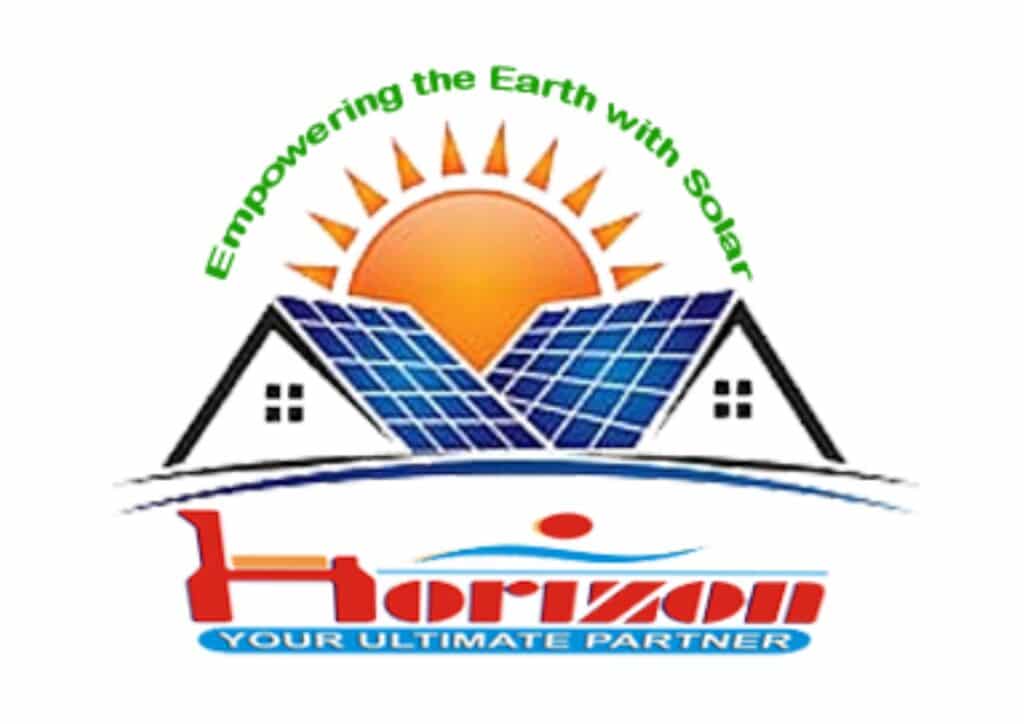

- These periods of low or no occupancy can lead to financial strain, as the resort’s fixed costs, such as staff salaries, maintenance, and operational expenses, continue regardless of the number of guests.
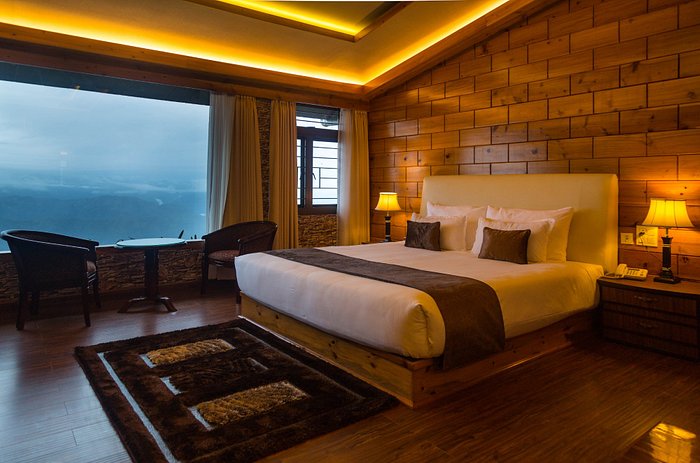
- The empty rooms and unused facilities represent lost income that cannot be recovered. Moreover, the resort’s resources, including energy supply and services, remain underutilized during non-booked days, further contributing to inefficiency and increased costs.

- The lack of revenue during these periods can disrupt cash flow, making it difficult to cover ongoing expenses and invest in necessary upgrades or marketing initiatives. Resort owners and managers can mitigate the pain points associated with non-booked days to minimize revenue loss and maximize profitability even during quieter periods.
How Solar Energy can change the equation?

The resorts are uniquely placed to enjoy the benefits of a solar plant due to several factors. Solar energy can become a great asset in mitigating this loss.

Offset the Energy Bill
- During these non-booked periods, the solar panels can continue to generate electricity, which can be utilized to offset the energy bills of the resort. This means that even when the resort is not hosting events, the solar plant can contribute to cost savings.
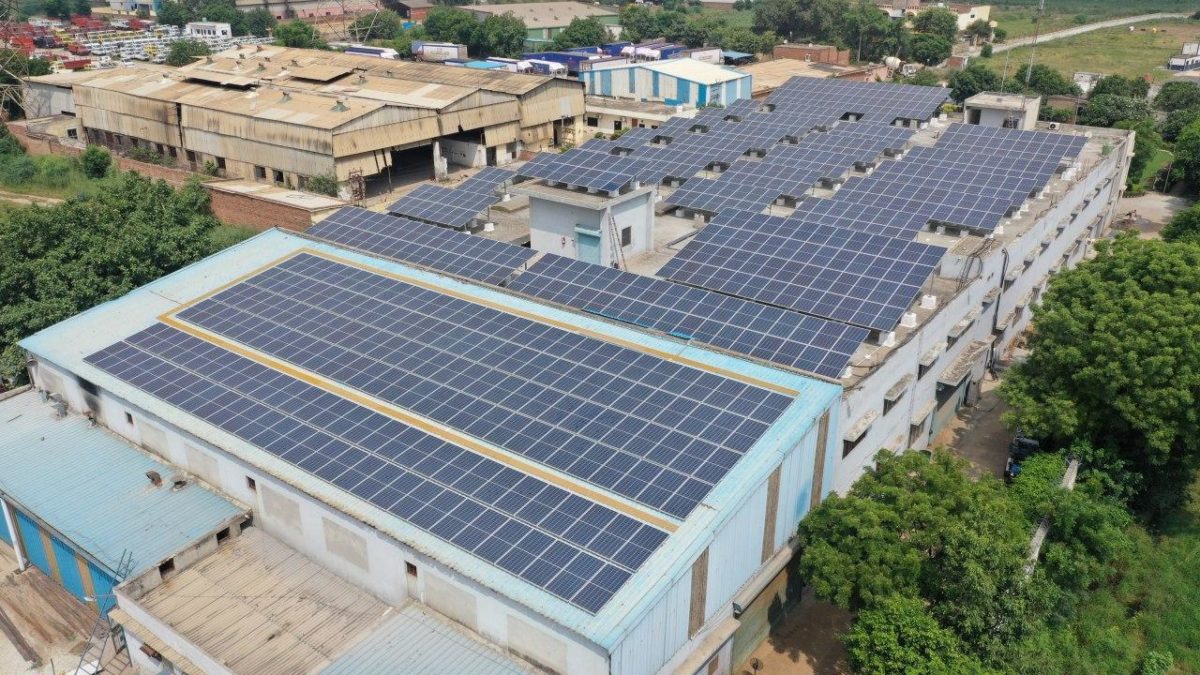
Large Shadow Free Area
- Resorts typically have a large shadow-free area available, whether it’s rooftops, open spaces, or even unused land surrounding the resort. This ample space provides an ideal opportunity to install solar panels and generate significant amounts of solar energy.
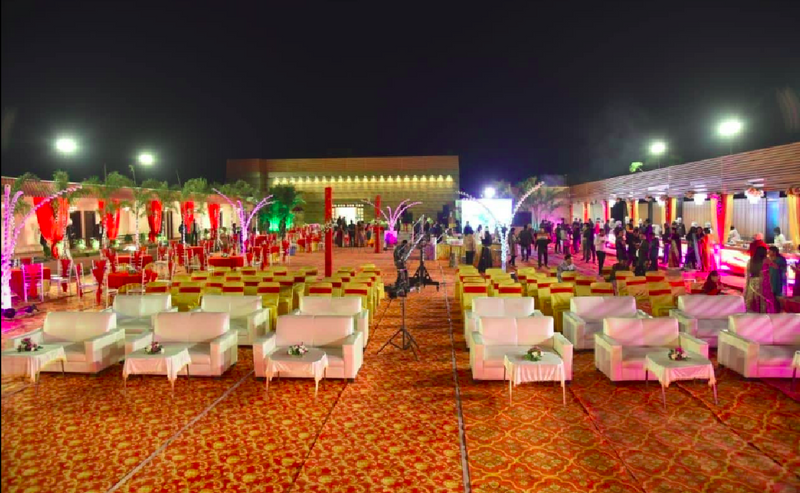
Significant variation in Energy Requirement
- One of the typical problems faced by resorts is the significant variation in energy requirements from season to season. During peak seasons or events, such as weddings, the energy demand can be considerably higher due to increased occupancy and usage of facilities. This fluctuation can result in high electricity costs.
- By harnessing solar energy, resorts can offset this seasonal variation in energy demand and reduce their reliance on grid electricity, thereby decreasing their electricity costs.

Low Running Cost
- By installing a solar plant, resorts can bring down their electricity costs significantly. It is possible to achieve a cost of less than Rs. 2 per unit of electricity generated from solar panels, which is typically much lower than the grid tariff rates. This substantial reduction in electricity costs can have a significant impact on the overall operational expenses of the resort.

Low Investment
Additionally, the installation of a solar plant can be financially advantageous for the resorts. The initial investment required for the solar plant can be recouped through the savings generated over time. It is estimated that resorts can recover the total investment in the solar plant through an outflow of around 30% to 35% of the plant’s cost. Since the savings from reduced electricity bills start from day one of installation, resorts can experience immediate financial benefits.
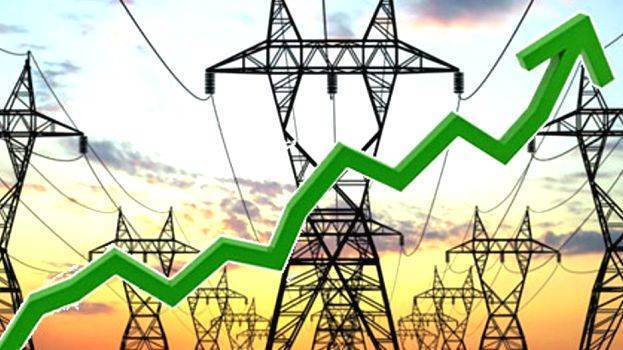
Independence from Electricity rate hikes
Another advantage of solar power for resorts is insulation against rising grid tariff rates. As the grid tariff tends to increase over time, resorts that rely solely on grid electricity may face escalating energy costs. However, by utilizing solar energy, resorts can shield themselves from these rising grid tariff rates, as the solar power generated on-site becomes a stable and predictable source of energy.
Overall, resorts can leverage their large shadow-free areas, address their varying energy requirements, reduce electricity costs, utilize periods of non-booking effectively, and achieve long-term financial stability by embracing solar power installations.

